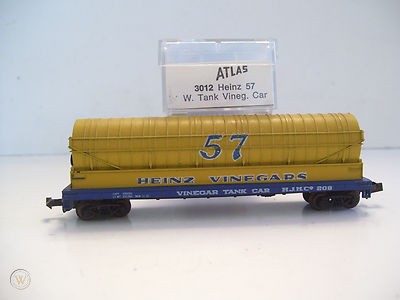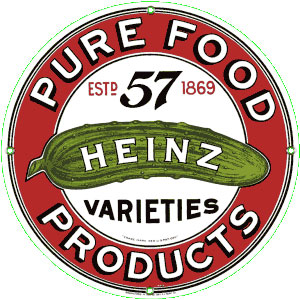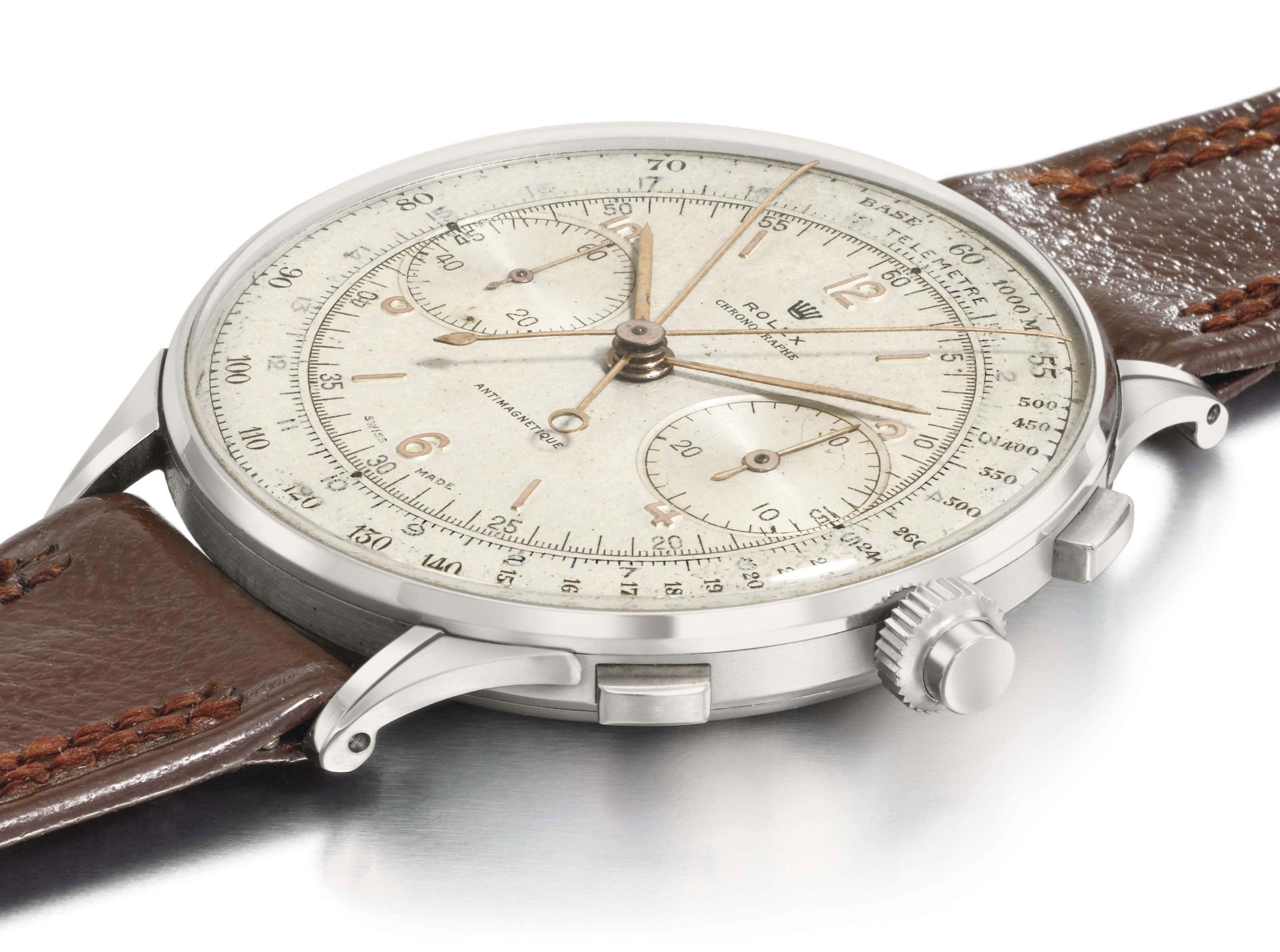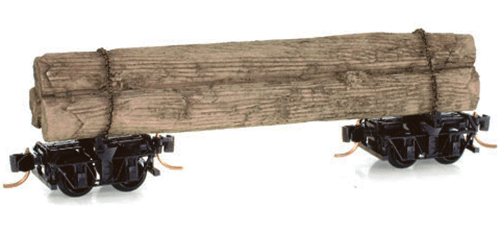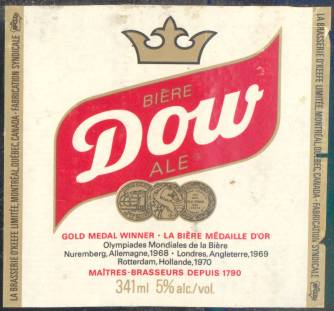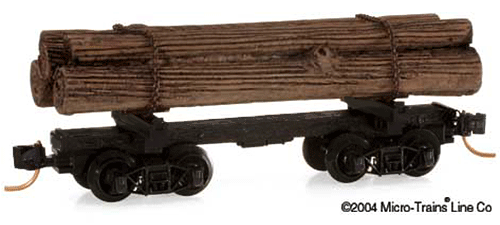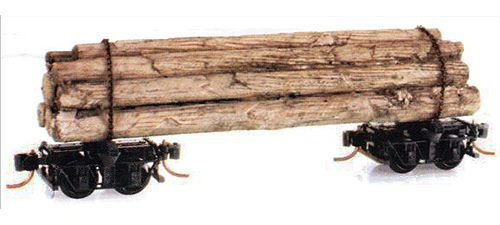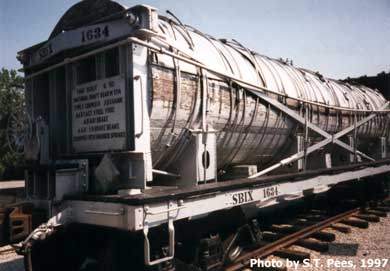Model Information: Roco produced this car starting in 1969 for Atlas. Atlas briefly re-issued the car in the 1980s, and E-R Models imported another run from Roco in late 90s.
Prototype History: Looking like something from another era, wood-sided tank cars remained the best mode of transportation for vinegar well into the mid-1900s.
Special tank cars were built to carry a lot of liquids besides petroleum. However, most of us wouldn’t think of vinegar. Standard Brands Industries among their many other products, was in the vinegar bottling and sales business. One of their subsidiaries (Fleishmen Transportation Company) built vinegar tank cars in 1950 out of cypress and fir wood. The tank cars were painted silver to reflect sunlight and to help to keep the vinegar cool. The tanks had a relatively short track life.
Vinegar is highly corrosive to metal and would have destroyed the early steel tank cars. Today, special liners can be applied to prevent this problem. For the older cars, steel was used for the frame and bulkheads however which gave the car the structural integrity necessary to be handled in trains of all-steel cars.
Special tank cars were built to carry a lot of liquids besides petroleum. However, most of us wouldn’t think of vinegar. Standard Brands Industries among their many other products, was in the vinegar bottling and sales business. One of their subsidiaries (Fleishmen Transportation Company) built vinegar tank cars in 1950 out of cypress and fir wood. The tank cars were painted silver to reflect sunlight and to help to keep the vinegar cool. The tanks had a relatively short track life.
Vinegar is highly corrosive to metal and would have destroyed the early steel tank cars. Today, special liners can be applied to prevent this problem. For the older cars, steel was used for the frame and bulkheads however which gave the car the structural integrity necessary to be handled in trains of all-steel cars.
Road Name History: The H. J. Heinz Company, or Heinz, is an American food processing company with world headquarters in Pittsburgh, Pennsylvania. It was founded by Henry John Heinz in 1869. The H. J. Heinz Company manufactures thousands of food products in plants on six continents, and markets these products in more than 200 countries and territories. The company claims to have 150 number-one or number-two brands worldwide. Heinz ranked first in ketchup in the US with a market share in excess of 50%; Ore-Ida label held 46% of the frozen potato sector in 2003.
Since 1896, the company has used its "57 Varieties" slogan; it was inspired by a sign advertising 21 styles of shoes, and Henry Heinz chose the number 57 even though the company manufactured more than 60 products at the time.
On February 14, 2013, Heinz agreed to be purchased by Berkshire Hathaway and 3G Capital for $23 billion. On March 25, 2015, Kraft announced its merger with Heinz, arranged by Berkshire Hathaway and 3G Capital. The resulting Kraft Heinz Company is the fifth largest food company in the world. Berkshire Hathaway became a majority owner of Heinz on June 18, 2015. After exercising a warrant to acquire 46,195,652 shares of common stock for a total price of $461,956.52, Berkshire increased its stake to 52.5%. The companies completed the merger on July 2, 2015.
From Wikipedia
Since 1896, the company has used its "57 Varieties" slogan; it was inspired by a sign advertising 21 styles of shoes, and Henry Heinz chose the number 57 even though the company manufactured more than 60 products at the time.
On February 14, 2013, Heinz agreed to be purchased by Berkshire Hathaway and 3G Capital for $23 billion. On March 25, 2015, Kraft announced its merger with Heinz, arranged by Berkshire Hathaway and 3G Capital. The resulting Kraft Heinz Company is the fifth largest food company in the world. Berkshire Hathaway became a majority owner of Heinz on June 18, 2015. After exercising a warrant to acquire 46,195,652 shares of common stock for a total price of $461,956.52, Berkshire increased its stake to 52.5%. The companies completed the merger on July 2, 2015.
From Wikipedia
Brand/Importer Information: In 1924 Stephan Schaffan, Sr. founded the Atlas Tool Company in Newark, New Jersey. In 1933 his son, Stephan Schaffan, Jr., came to work for his father at the age of sixteen. Steve Jr. built model airplanes as a hobby and frequented a local hobby shop. Being an enterprising young man, he would often ask the owner if there was anything he could do to earn some extra spending money. Tired of listening to his requests, the hobby-store owner threw some model railroad track parts his way and said, "Here, see if you can improve on this".
In those days, railroad modelers had to assemble and build everything from scratch. Steve Jr. created a "switch kit" which sold so well, that the entire family worked on them in the basement at night, while doing business as usual in the machine shop during the day.
Subsequently, Steve Jr. engineered the stapling of rail to fiber track, along with inventing the first practical rail joiner and pre-assembled turnouts and flexible track. All of these products, and more, helped to popularize model railroading and assisted in the creation of a mass-market hobby. The budding entrepreneur quickly outgrew the limitations of a basement and small garage operation. Realizing they could actually make a living selling track and related products, Steve and his father had the first factory built in Hillside, New Jersey at 413 Florence Avenue in 1947. On September 30, 1949, the Atlas Tool Company was officially incorporated as a New Jersey company.
In 1985, Steve was honored posthumously for his inventions by the Model Railroad Industry Association and was inducted into the Model Railroad Industry Hall of Fame in Baltimore, Maryland. In addition, Steve was nominated and entered into the National Model Railroad Association Pioneers of Model Railroading in 1995.
In the early 1990s, the Atlas Tool Company changed its name to Atlas Model Railroad Company, Inc.
In those days, railroad modelers had to assemble and build everything from scratch. Steve Jr. created a "switch kit" which sold so well, that the entire family worked on them in the basement at night, while doing business as usual in the machine shop during the day.
Subsequently, Steve Jr. engineered the stapling of rail to fiber track, along with inventing the first practical rail joiner and pre-assembled turnouts and flexible track. All of these products, and more, helped to popularize model railroading and assisted in the creation of a mass-market hobby. The budding entrepreneur quickly outgrew the limitations of a basement and small garage operation. Realizing they could actually make a living selling track and related products, Steve and his father had the first factory built in Hillside, New Jersey at 413 Florence Avenue in 1947. On September 30, 1949, the Atlas Tool Company was officially incorporated as a New Jersey company.
In 1985, Steve was honored posthumously for his inventions by the Model Railroad Industry Association and was inducted into the Model Railroad Industry Hall of Fame in Baltimore, Maryland. In addition, Steve was nominated and entered into the National Model Railroad Association Pioneers of Model Railroading in 1995.
In the early 1990s, the Atlas Tool Company changed its name to Atlas Model Railroad Company, Inc.
Manufacturer Information: 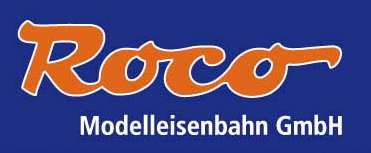 The company was founded in 1960 by Ing. Heinz Rössler and started with a plastic Minitanks series of military vehicles. After export to the USA became successful, the model line was expanded with model trains in HO scale and the smaller N scale. TT scale was also subsequently added to the product line. The model rail product line covers many European countries including Germany, Belgium, Luxembourg, France, Spain, Austria, Italy, Switzerland, Sweden and the Netherlands, and also the USA.
The company was founded in 1960 by Ing. Heinz Rössler and started with a plastic Minitanks series of military vehicles. After export to the USA became successful, the model line was expanded with model trains in HO scale and the smaller N scale. TT scale was also subsequently added to the product line. The model rail product line covers many European countries including Germany, Belgium, Luxembourg, France, Spain, Austria, Italy, Switzerland, Sweden and the Netherlands, and also the USA.
On July 15, 2005 ROCO Modellspielwaren GmbH was declared bankrupt. From July 25 the company continues as Modelleisenbahn GmbH, but still uses the Roco brand and associated logo. On October 1, 2007, distribution of the 'Minitank' product series was assigned to the German model car manufacturer Herpa.
Since February 2008 Modelleisenbahn also owns Fleischmann, which like Roco had gone bankrupt. The two companies continue as separate brands under Modelleisenbahn GmbH, while benefiting from economies of scale through joined development projects, marketing and procurement.
From Wikipedia

On July 15, 2005 ROCO Modellspielwaren GmbH was declared bankrupt. From July 25 the company continues as Modelleisenbahn GmbH, but still uses the Roco brand and associated logo. On October 1, 2007, distribution of the 'Minitank' product series was assigned to the German model car manufacturer Herpa.
Since February 2008 Modelleisenbahn also owns Fleischmann, which like Roco had gone bankrupt. The two companies continue as separate brands under Modelleisenbahn GmbH, while benefiting from economies of scale through joined development projects, marketing and procurement.
From Wikipedia
Item created by: gdm on 2016-03-03 07:38:45. Last edited by CNW400 on 2020-05-28 13:30:39
If you see errors or missing data in this entry, please feel free to log in and edit it. Anyone with a Gmail account can log in instantly.
If you see errors or missing data in this entry, please feel free to log in and edit it. Anyone with a Gmail account can log in instantly.


